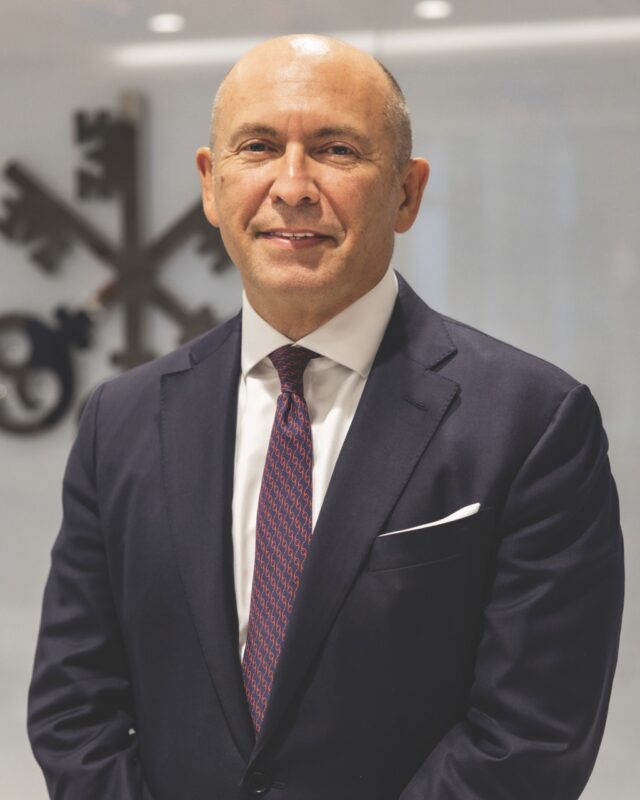
By Cristina Cuomo
PURIST: What is financial wellness?
Benjamin Segal: Financial wellness is the ability to live with clarity and confidence about your financial life: understanding where you stand, where you’re headed, and how every decision supports your goals and values. It’s not simply about accumulation; it’s about alignment. True financial wellness integrates a comprehensive wealth management plan to help ensure that you can fund today’s lifestyle, sustain tomorrow’s, and pass on purpose along with wealth.
What is financial advising?
Financial advising is both an analytical and human discipline. It’s about architecting a strategy around a client’s balance sheet and behavior, not just markets. At UBS, that means stress-testing portfolios, integrating estate and tax planning strategies, and making sure the entire financial ecosystem is cohesive. A good adviser simplifies complexity and serves as a family’s strategic financial coordinator.
How do you help families streamline finances and cut expenses?
Our process begins with mapping cash flows and consolidating fragmented accounts into an institutional-grade framework. From there, we prioritize liquidity, eliminate redundancies and identify gaps. We’re not telling families to live smaller. We’re helping them live smarter, so their capital compounds with purpose.
Conversations around finance can be stressful. How do you make families feel secure?
We start by normalizing transparency. Money is emotional, and for multigenerational families, it often intersects with legacy, identity and control. My role is to bring structure and empathy into those discussions to move from fear to framework. When clients see their financial life organized, modeled and protected, anxiety tends to dissolve.

What are the safe market strategies that you employ?
Safety is relative to purpose. We focus on preservation through intelligent diversification. Risk isn’t something to eliminate; it’s something to calibrate. Every strategy is tied to time horizon, cash-flow needs and family objectives, not market headlines.
How do you set up children early on to understand finances?
We treat financial education as part of a family’s legacy plan. That may start with age-appropriate budgeting tools for teenagers, graduating into investment simulations or custodial accounts for young adults.
What makes UBS stand out in wealth management?
UBS offers clients a boutique firm experience that leverages the capabilities and resources of a leading global wealth manager. Our platform integrates institutional information and family-office infrastructure, giving clients access to solutions that are typically reserved for institutions. More importantly, the firm’s global reach allows us to think multigenerationally, across asset classes and life stages.
When investing for families with children, what stocks have longevity?
We focus on quality companies with durable earnings, strong balance sheets and leadership in sectors that seek to define the next decade, such as innovation, health and infrastructure. Longevity in investing typically comes from owning businesses that seek to adapt, not just perform.
What stocks do you like today, and why?
We prioritize the durability of companies with pricing power, recurring revenue and the ability to generate free cash flow across cycles. However, we are currently looking at investment themes such as AI, energy, and health and wellness.
Outside of the stock market, what do you like to invest in?
Beyond finance, I encourage clients to invest in knowledge, health and relationships. Those are the true compounding assets: the ones that don’t appear on a statement but shape every return that matters. ubs.com





